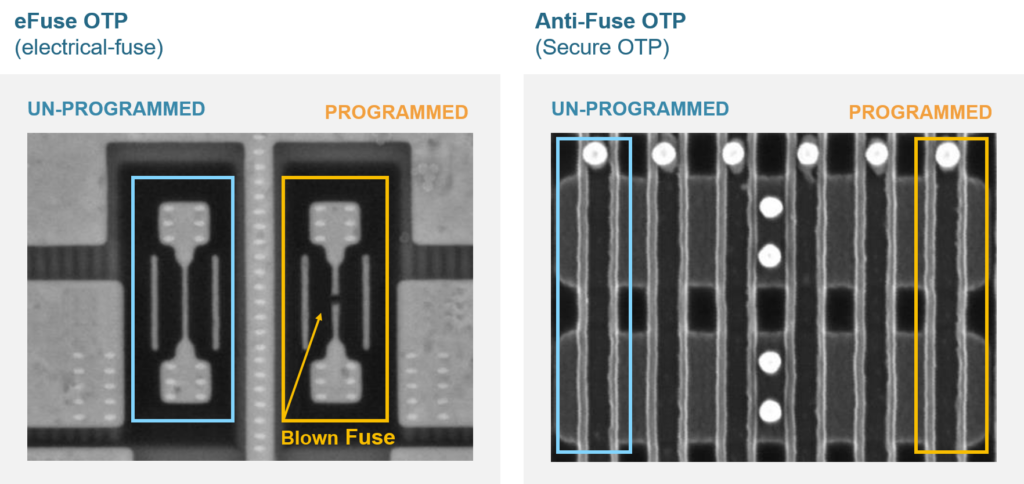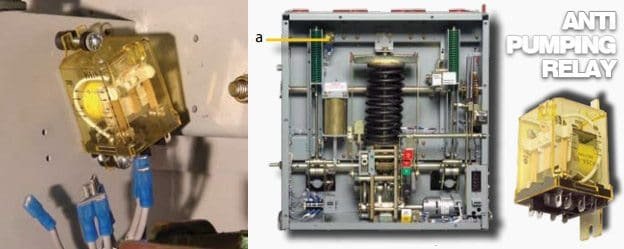An anti fuse is an important part of electronics. It is a special device that helps control electricity. Let’s learn more about anti fuses, how they work, and where they are used.

Credit: m.facebook.com

Credit: www.pufsecurity.com
Understanding Anti Fuses
Anti fuses are small devices used in circuits. They are the opposite of regular fuses. A regular fuse breaks when too much electricity flows through it. An anti fuse does the opposite. It creates a connection when needed.
How Do Anti Fuses Work?
Anti fuses start as an open circuit. This means electricity cannot flow through them. When they are needed, they form a permanent connection. This allows electricity to flow. Here is a simple way to understand:
- Regular fuse breaks the connection to protect the circuit.
- Anti fuse creates a connection to complete the circuit.
Types Of Anti Fuses
There are different types of anti fuses. Each type has its own use. Here are some common types:
- Electrical Anti Fuse: Used in integrated circuits.
- Mechanical Anti Fuse: Used in hardware connections.
Applications Of Anti Fuses
Anti fuses are used in many electronic devices. They help create permanent connections. Here are some places where you can find them:
- Programmable Logic Devices (PLDs): Anti fuses help in programming these devices.
- Field-Programmable Gate Arrays (FPGAs): Used for creating custom circuits.
- Memory Storage: Helps in securing data permanently.
Benefits Of Using Anti Fuses
Anti fuses offer many benefits. They are reliable and long-lasting. Here are some key benefits:
- Permanent Connections: Once connected, they stay that way.
- High Reliability: They do not wear out easily.
- Small Size: They fit into tiny circuits.
Comparison: Anti Fuse Vs. Regular Fuse
It is important to know the difference between anti fuses and regular fuses. Here is a quick comparison:
| Feature | Anti Fuse | Regular Fuse |
|---|---|---|
| Function | Creates a connection | Breaks a connection |
| Use | Permanent circuits | Temporary protection |
| Reliability | High | Medium |
| Size | Small | Varies |
How To Identify An Anti Fuse
Anti fuses are small and often part of larger circuits. Here is how you can identify them:
- Look for tiny components in integrated circuits.
- Check the circuit diagram for special symbols.
Future Of Anti Fuses
Anti fuses are becoming more important. They are used in advanced technologies. As electronics get smaller, anti fuses will be used even more.
Frequently Asked Questions
What Is An Anti Fuse?
An anti fuse is a device that creates a permanent electrical connection when activated.
How Does An Anti Fuse Work?
An anti fuse works by breaking down its internal insulation, forming a conductive path.
Where Are Anti Fuses Used?
Anti fuses are commonly used in programmable logic devices and FPGA configurations.
What Materials Make Up An Anti Fuse?
Anti fuses are typically made from silicon dioxide or other insulating materials.
Conclusion
Anti fuses are key components in electronics. They create permanent connections when needed. They are reliable, small, and used in many devices. Understanding anti fuses helps us appreciate modern technology. Next time you use an electronic device, remember the role of anti fuses.
Frequently Asked Questions (faqs)
Here are some common questions about anti fuses:
1. Are anti fuses reusable?
No, anti fuses create permanent connections and cannot be reused.
2. Can anti fuses be used in all circuits?
Anti fuses are best for specific applications like PLDs and FPGAs.
3. Do anti fuses wear out over time?
Anti fuses are very reliable and do not wear out easily.
4. How small are anti fuses?
Anti fuses are very small and fit into tiny circuits.
5. Where can I find more information about anti fuses?
Look for electronics books or online resources about circuit design.
References
For more detailed information, you can check the following resources:
- Electronics textbooks
- Online electronics forums
- Technical articles and journals






